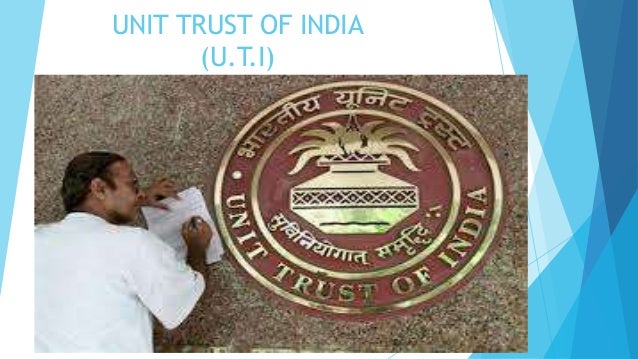UTI was established by an Act of Parliament on November 26. 1963. It started the sale of its units on July 1, 1964. It was established to encourage and mobilise savings of small investors through the sale of its ‘units’, and to channelise these resources into corporate securities.
Over the years, it has rapidly grown and diversified to be an important part of the Indian financial system. In June 1997, UTI launched the first Indian off-shore debt fund — India Debt Fund’. It has supported the development of Unit Trusts in developing countries like Sri Lanka and Egypt providing technical advice as well as participation in the equity capital.
ADVERTISEMENTS:
The trust had built up a portfolio of investments which was balanced between the fixed and variable income bearing securities. The main objective of the trust was to maximize income consistent with safety of capital. The trust had invested in securities of about 300 sound concerns. Apart from subscribing to the shares and debentures of companies, UTI sanctioned loans to the corporate sector.
UTI was bifurcated into UTI-I and UTI-II in 2002. The government handed over one part, comprising the 43 net asset value based schemes (UTI-II) to a company floated by UC, SHI, Punjab National Bank, and Bank of Baroda.
UTI-II started operations from February 1, 2003. UTI-I comprises the flagship scheme US-64 and other assured return schemes. The government has repealed the UTI Act through an ordinance. Both UTI-I and UTl-II will comply with the requirements of SEBI.
